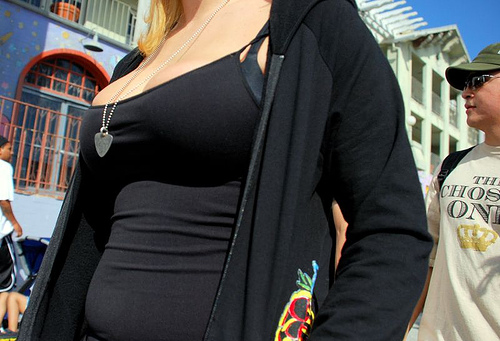
the size of breasts isn't connected with amount of breast milk
Are you an A cup? Don't despair. Your breasts are extremely likely to grow bigger during pregnancy and while you are breastfeeding. Invest in a few good maternity and nursing bras! If your breasts don't grow bigger, don't think that you won't have enough milk to feed your baby, though. The size of your breasts really has nothing to do with how much milk you produce. Breastfeeding is a supply and demand system, so you'll make as much milk as your baby needs regardless of your breast size. Women with smaller breasts do have a lower capacity to store breast milk, so they will need to feed their baby a little more often.
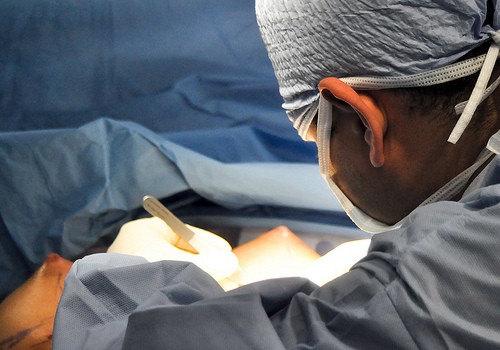
Most Women With Breast Implants Can Still Breastfeed
Contrary to popular belief, most mothers can successfully breastfeed even if they have had surgery to augment their breasts. Some do run into problems — something that depends both on the type of surgery they had, and on the condition of their natural breast tissue. Women with breast implants may have more sensitive nipples and may struggle with breast engorgement more than those who didn't have the surgery. These are problems that can usually be overcome, however. Women who had breast surgery because they had undeveloped breasts are the ones most likely to run into trouble. Do you have breast implants, and you are committed to nursing your baby? Consult a lactation consultant or peer-to-peer support group (like the La Leche League) before you give up, should you happen to have difficulties.
- Important notification about information and brand names used in this slideshow!
- Photo courtesy of James Mutter by Flickr : www.flickr.com/photos/bestinplastics/4886428260/
- pregnant.thebump.com/new-mom-new-dad/feeding-baby/articles/11-things-you-didnt-know-about-breastfeeding.aspx
- http://www.babycenter.com/0_breastfeeding-after-breast-augmentation-implants_8680.bc
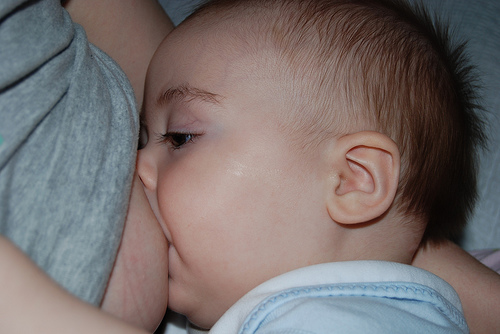
Breastfeeding Takes 16 Minutes Per Feed On Average
It can be hard to form a mental picture of what breastfeeding is like before you have your baby. One of the things you may be curious about is how much time babies generally take to nurse. The good news is that you won't need to spend hours at a time breastfeeding your baby — you will still have plenty of time for other things. In fact, the average feeding takes only 16 minutes! It is important to note that there is nothing wrong with you or your baby if nursing takes longer than that, or if it takes less time. Don't put your baby on any type of schedule, and simply breastfeed on demand. If you place your baby in a good-quality baby carrier such as a mei tai, or Ergo Baby Carrier, you'll even have your hands free while you are nursing your baby. Nobody can see what you are doing, which means you could nurse in the grocery store if you wanted to.
- Important notification about information and brand names used in this slideshow!
- Photo courtesy of myllissa by Flickr :http://www.flickr.com/photos/myllissa/2655516570/
- www.medela.com/IW/en/breastfeeding/good-to-know/breastfeeding-facts.html
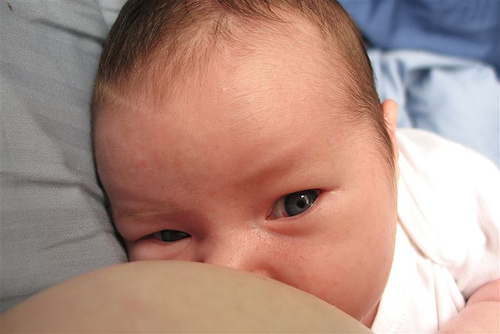
Breastfed Babies Know When They Have Had Enough
Some pregnant women wonder how they will be able to tell if their future breastfed babies get enough milk. When you formula feed you do, after all, have to put your baby on a feeding schedule as well as measuring how much formula they consume very carefully. Fortunately, breastfeeding is much simpler than that. Humans are the only mammals capable of measuring and telling time, yet most mammal moms manage to feed their babies successfully. Human babies will breastfeed until they are satisfied as well. If your baby is still hungry, she'll demand more. It is still important to note that babies nurse for reasons other than hunger too. Breastfeeding brings babies close to their moms and makes them feel safe. It satisfies their need to suck, and even helps them fight teething pain when they are a little older.
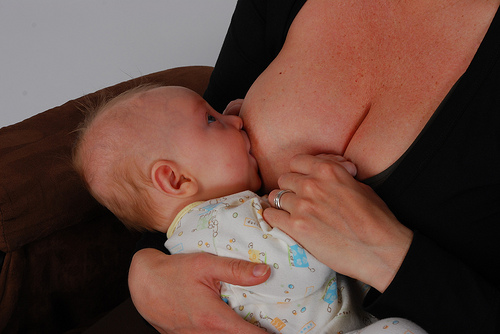
The Nipple Is More Complex Than You Think
If you had ever even thought of your nipples as holes, you probably assumed there was one hole per nipple. Nothing could be further from the truth — your nipples have many holes from which milk comes forth, something breastfeeding mothers can actually see if they attempt to express milk manually. There will be lots of tiny streams of milk. The nipple is on the very surface of a complex milk-producing system found within the breast. The holes from which milk come are called milk duct orifices. The average woman has nine of them, but some have as many as 18. These milk duct orifices are actually little sphincters that prevent milk leakage when you are not breastfeeding. They open when your baby starts nursing or, in many cases, as soon as she starts fussing or crying.
- Important notification about information and brand names used in this slideshow!
- Photo courtesy of motheringtouch by Flickr : www.flickr.com/photos/motheringtouch/5205274432/
- www.medela.com/IW/en/breastfeeding/good-to-know/breastfeeding-facts.html
- http://breastcancer.about.com/od/whatisbreastcancer/f/nipple-anatomy.htm
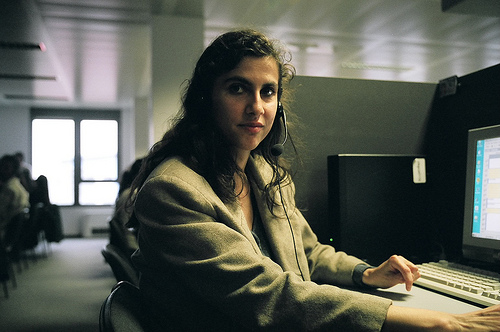
Don't Stop Breastfeeding When You Return To Work!
Do you think you will have to stop breastfeeding as soon as your maternity leave is up and you have to return to work? Think again. In many jurisdictions, nursing mothers have the right to pump milk for their baby during their working hours. If you live near your workplace or your childcare facility is close by, you could even use your lunch break to nurse your baby. Even if these things are not possible for whatever reason, you will probably be able to keep your milk supply up despite being away from your baby for a while.
- Important notification about information and brand names used in this slideshow!
- Photo courtesy of WB photo gallery by Flickr : www.flickr.com/photos/worldbank/4249183858/
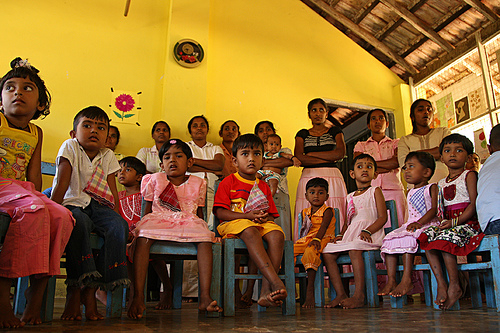
Breastfeeding Has Long-Term Benefits For You And Your Baby
Breastfeeding may be the healthiest and most natural infant nutrition available, but it is more than that too. Women who are still not sure if they are going to try breastfeeding or if they will use formula should remember that breastfeeding offers long-term health benefits for children and their mothers. Studies have shown that breastfed babies are at a lower risk of obesity and high blood pressure later in life, that they are less likely to develop type 2 diabetes, and that they score better on IQ tests. Breastfeeding also significantly reduces a mother's risk of developing breast cancer.
- Important notification about information and brand names used in this slideshow!
- Photo courtesy of World Bank photo gallery by Flickr : www.flickr.com/photos/worldbank/3487488094/
- www.who.int/features/factfiles/breastfeeding/facts/en/index3.html
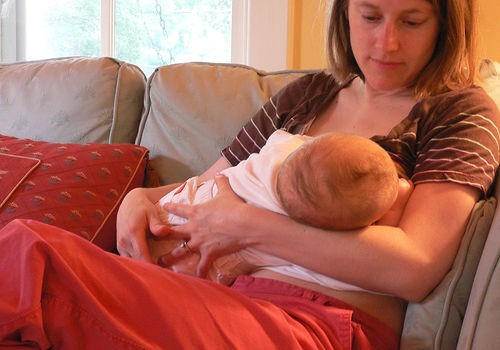
Your Early Milk Is Just Enough For Your Baby
After your baby is born, you may wonder if you are producing enough breast milk. Hardly any seems to come out, after all. In the early days after your baby's birth, you will only produce a very small amount of milk. This first milk, called colostrum, is extremely rich and nutritious and is just what your baby needs. Colostrum offers your baby the antibodies he or she needs to have a healthy start in life too. After three to four days, your milk's make up will change and you will start producing more of it, in order to meet your baby's changing needs.
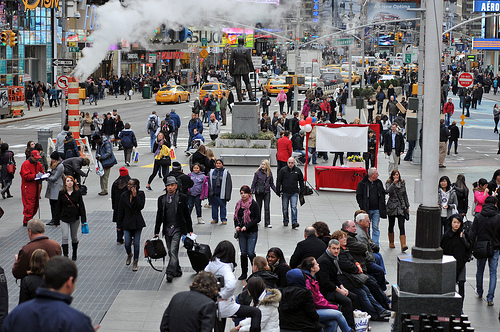
Don't Be Afraid To Breastfeed In Public
Breastfeeding in public is a somewhat controversial issue, because breasts are seen as sexual objects in modern western societies. In the US, mothers have the right to breastfeed their babies in any public place they and their kids are allowed to be in. You can cover yourself and your baby with a nursing blanket or scarf if you feel more comfortable that way, but you do not have a legal obligation to do so. The ability to breastfeed your baby in public gives you the freedom you wouldn't otherwise have — that is, to leave your house and go about your life. Don't feel that you have to feed your baby in a public restroom. You wouldn't want to eat in one of those either, would you?
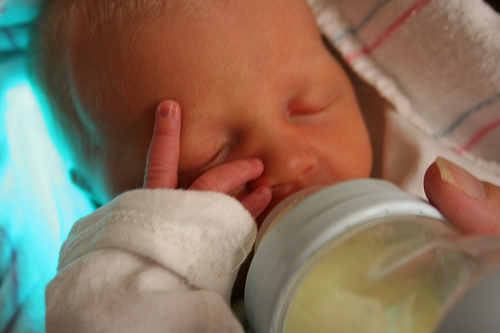
Don't Introduce Bottles And Pacifiers Too Soon
Are you going to be pumping at some point, or would you like to give your baby a pacifier? Nipple confusion can indeed happen, so make sure that you don't introduce a bottle or pacifier too soon. It is best to wait until your baby is at least four to six weeks old, so that he or she will have had the chance to establish a good latch. Drinking from a bottle requires less effort on the baby's part, so introducing a bottle too soon can lead to breastfeeding problems. Moms who plan to breastfeed exclusively for six months and don't want to use pacifiers can avoid artificial teats altogether. Once your baby is old enough to eat solid foods, a sippy cup is a wonderful alternative to a bottle.



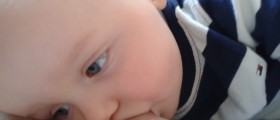


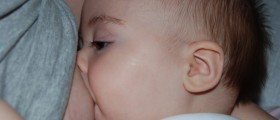


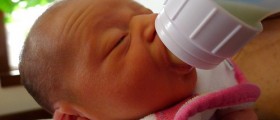
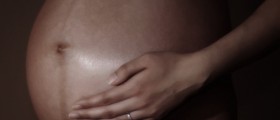

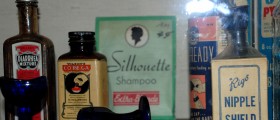

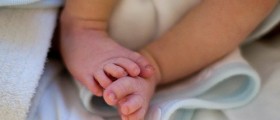

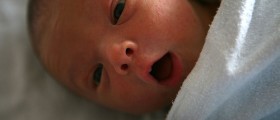

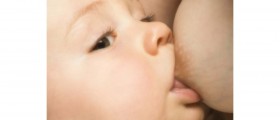


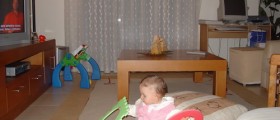



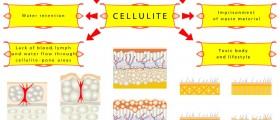
Your thoughts on this
Loading...